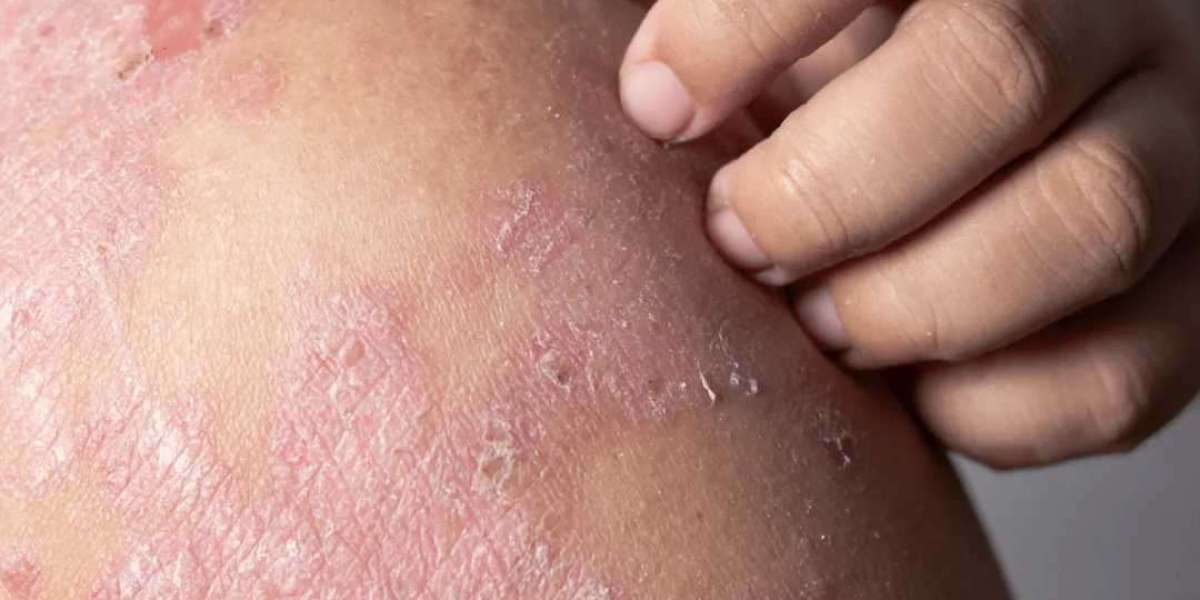Introduction
Does your child frequently scratch their shoulders, leaving red, irritated patches behind? Shoulder eczema is a common skin condition in kids that can cause discomfort and frustration. But don’t worry—understanding the symptoms and knowing safe treatment options can help manage it effectively.
In this guide, we’ll explore what shoulder eczema is, its causes, symptoms, and the best ways to treat and prevent flare-ups. Let’s dive in!
What Is Shoulder Eczema?
Shoulder eczema, also known as atopic dermatitis, is a chronic skin condition that leads to dry, itchy, and inflamed patches on the shoulders. It’s common in children and can flare up due to various triggers, from weather changes to allergens.
Causes of Shoulder Eczema in Children
Several factors contribute to shoulder eczema in kids. Here are the most common ones:
Genetic Factors
If parents have eczema, asthma, or allergies, their children are more likely to develop shoulder eczema. Genetics plays a big role in skin sensitivity.
Environmental Triggers
Dry weather, sweat, and pollution can worsen shoulder eczema. Hot showers and harsh soaps also strip natural oils from the skin, leading to irritation.
Allergens and Irritants
Dust mites, pet dander, and certain fabrics (like wool) can trigger flare-ups. Even scented lotions and detergents may irritate sensitive skin.
Common Symptoms of Shoulder Eczema
How do you know if your child has shoulder eczema? Look for these signs:
Red, Inflamed Skin
The affected area may appear red and swollen, especially after scratching.
Itching and Discomfort
Persistent itching is the hallmark of shoulder eczema, making kids (and parents!) miserable.
Dry, Scaly Patches
The skin may become rough, flaky, and thickened over time.
Oozing or Crusting in Severe Cases
If scratched too much, the skin can break, leading to oozing or crusting—signs of infection.
Diagnosing Shoulder Eczema
If you suspect shoulder eczema, a pediatrician or dermatologist can confirm it.
When to See a Doctor
- If home treatments don’t help
- If the skin becomes infected (oozing, pus, fever)
- If eczema spreads to other body parts
Common Diagnostic Methods
Doctors usually diagnose shoulder eczema by examining the skin and reviewing family history. Sometimes, allergy tests are recommended.
Safe and Effective Treatment Options
Managing shoulder eczema involves a mix of medical treatments and lifestyle changes.
Moisturizing Regularly
Keeping the skin hydrated is crucial. Apply a thick fragrance-free cream immediately after bathing to lock in moisture.
Topical Steroids and Anti-Inflammatory Creams
For severe flare-ups, doctors may prescribe mild steroid creams to reduce inflammation.
Wet Wrap Therapy
This involves applying moisturizer and wrapping the area with damp bandages to soothe intense itching.
Avoiding Triggers
Identify and eliminate triggers like harsh soaps, synthetic fabrics, and allergens.
Home Remedies for Managing Shoulder Eczema
Natural remedies can provide relief alongside medical treatments.
Oatmeal Baths
Colloidal oatmeal baths soothe itching and reduce inflammation.
Coconut Oil Application
Virgin coconut oil has anti-inflammatory properties that help moisturize dry patches.
Proper Clothing Choices
Dress your child in loose, breathable cotton clothes to prevent irritation.
Preventing Shoulder Eczema Flare-Ups
Prevention is better than cure!
Maintaining Skin Hydration
Use a fragrance-free cream daily to keep the skin barrier strong.
Using Gentle, Hypoallergenic Products
Opt for mild, dye-free soaps and detergents to minimize irritation.
When to Seek Medical Attention
If symptoms worsen despite home care, consult a doctor. Persistent infections or extreme discomfort need professional treatment.
Conclusion
Shoulder eczema can be challenging, but with the right care—moisturizing, avoiding triggers, and using safe treatments like fragrance-free cream—you can keep your child’s skin healthy. Stay consistent, and don’t hesitate to seek medical advice when needed.
FAQs
- Can shoulder eczema go away on its own?
Some kids outgrow it, but others may need long-term management.
- Is shoulder eczema contagious?
No, it’s a non-contagious skin condition.
- Can diet affect shoulder eczema?
Yes, food allergies (like dairy or nuts) may trigger flare-ups in some children.
- How often should I apply moisturizer?
At least twice daily, especially after bathing.
- Are fragrances bad for shoulder eczema?
Yes, scented products can irritate the skin—always choose fragrance-free cream.


